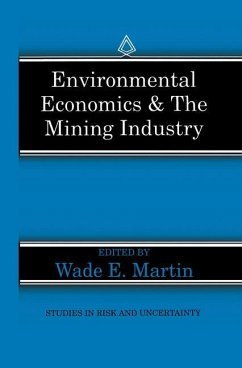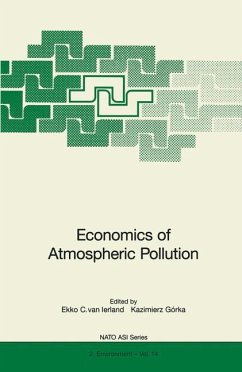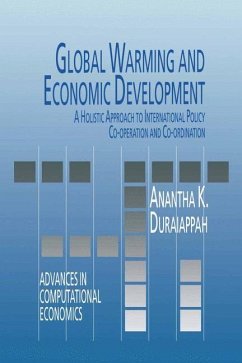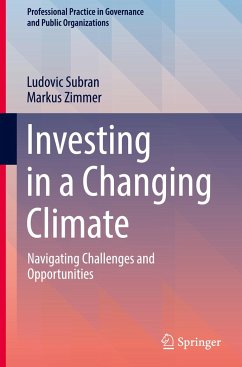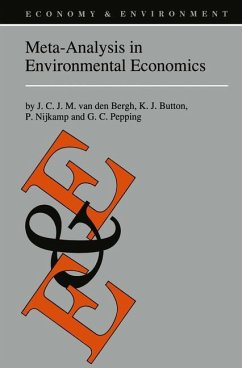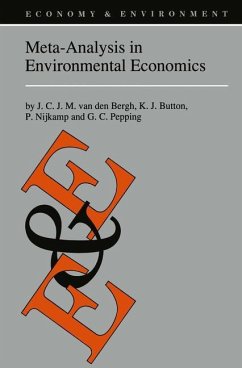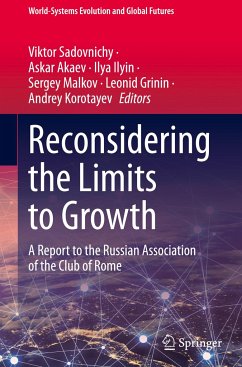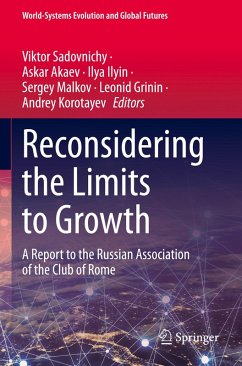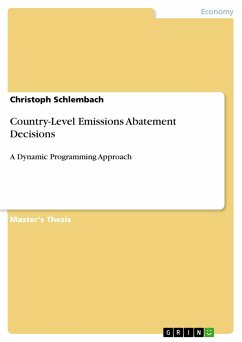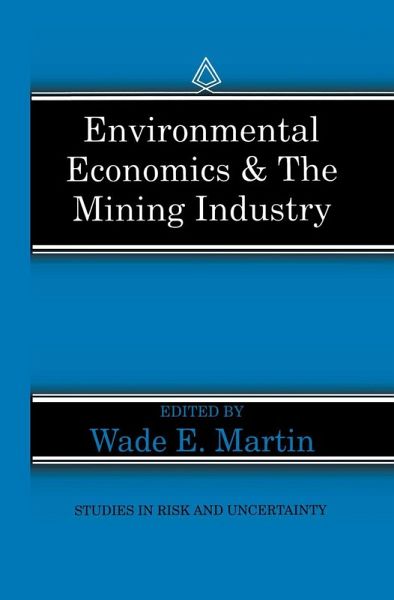
Environmental Economics & the Mining Industry

PAYBACK Punkte
38 °P sammeln!
Superfund liability). This is an issue that is currently having an dramatic impact on the industry. The impact is being felt in transactions involving the potential sale of properties, insuring operations, development of new properties, joint ventures, or more generally, practically every phase of the mining firms operation. The second issue focuses on an environmental topic that has not been specifically addressed in federal legislation, although it has been indirectly considered, that is global warming or the "greenhouse effect". One of the interesting aspects to this environmental problem i...
Superfund liability). This is an issue that is currently having an dramatic impact on the industry. The impact is being felt in transactions involving the potential sale of properties, insuring operations, development of new properties, joint ventures, or more generally, practically every phase of the mining firms operation. The second issue focuses on an environmental topic that has not been specifically addressed in federal legislation, although it has been indirectly considered, that is global warming or the "greenhouse effect". One of the interesting aspects to this environmental problem is the uncertainty associated with it at every phase of the analysis. The predictions of the general circulation models of climatologists are questioned due to the uncertainty of ocean effects, urbanization, etc. (see Burness & Martin, Chapter 5). The economic models are criticized for the uncertainty associated with the benefit estimates from reducing greenhouse gases, particularly carbon dioxide (COJ, concentrations in the atmosphere as well as estimates of the cost of reducing GHG concentrations and/or emissions. This raises the interesting question of what is the optimal policy and what will be the impact of this policy(s) on the mining sector, given the uncertainty. The first of these two topics is addressed by V. Kerry Smith and Ronald G. Cummings, et al. Professors Smith and Cummings were chosen due to their pioneering work in the area of valuation of nonmarket goods, particularly involving the use of survey methods.





